وَإِذَا طَلَّقْتُمُ النِّسَاءَ فَبَلَغْنَ أَجَلَهُنَّ فَأَمْسِكُوهُنَّ بِمَعْرُوفٍ أَوْ سَرِّحُوهُنَّ بِمَعْرُوفٍ ۚ وَلَا تُمْسِكُوهُنَّ ضِرَارًا لِّتَعْتَدُوا ۚ وَمَن يَفْعَلْ ذَٰلِكَ فَقَدْ ظَلَمَ نَفْسَهُ ۚ وَلَا تَتَّخِذُوا آيَاتِ اللَّهِ هُزُوًا ۚ وَاذْكُرُوا نِعْمَتَ اللَّهِ عَلَيْكُمْ وَمَا أَنزَلَ عَلَيْكُم مِّنَ الْكِتَابِ وَالْحِكْمَةِ يَعِظُكُم بِهِ ۚ وَاتَّقُوا اللَّهَ وَاعْلَمُوا أَنَّ اللَّهَ بِكُلِّ شَيْءٍ عَلِيمٌ
Islamic Divorce – Talaq
And when you have divorced women and they have fulfilled the term of their prescribed period, either take them back on reasonable basis or set them free on reasonable basis. But do not take them back to hurt them, and whoever does that, then he has wronged himself. And treat not the Verses (Laws) of Allah as a jest, but remember Allah’s Favours on you (i.e. Islam), and that which He has sent down to you of the Book (i.e. the Quran) and Al-Hikmah (the Prophet’s Sunnah – legal ways – Islamic jurisprudence, etc.) whereby He instructs you. And fear Allah, and know that Allah is All-Aware of everything (Surah Al-Baqarah: verse 231)
Our Process
Islamic Counselling provides spiritual guidance and addresses personal issues in accordance with Islamic principles. It helps foster self-awareness and personal growth while strengthening the spiritual bond with Allah. We provide a confidential and supportive space for diverse counselling services tailored to your specific needs.
Simple & Straightforward
Our approach is designed to be accessible and comfortable for everyone, removing barriers to seeking spiritual guidance.
Easy Initiation
Initiate the process by either clicking on the provided link or directly calling our dedicated contact number.
Prompt Response
our team will promptly respond to your inquiry to assist you further.
Swift & Efficient
to assist you further. We strive to ensure a swift and efficient response to your needs.
What We Offer
Our array of services extends from expert conflict resolution to insightful Quranic Healing that provide you with an enriching environment for personal and relational growth.
Personalized Support
Tailored guidance that addresses your unique situation and needs
Legal Expertise
Professional legal knowledge and experience you can trust
Post Divorce Support
Comprehensive assistance navigating life after divorce
Peace Of Mind
Confidence knowing your legal matters are handled professionally
Mediation Service
Alternative dispute resolution to avoid lengthy court proceedings
Confidentiality
Complete privacy and discretion in all our interactions
Expert Assistance
Skilled professionals dedicated to achieving the best outcomes
Our Amazing Work
overpriced florist wedding drunk groomsman glitter father bridesmaid sparkles forever happy salad.

Wedding Boquet
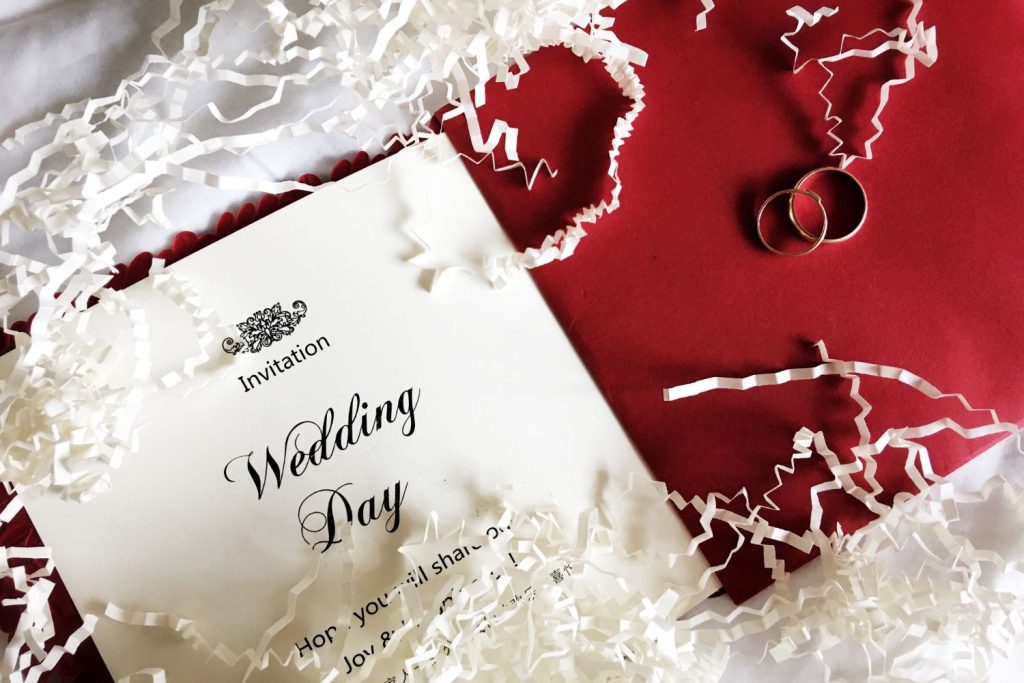
Wedding Invitation

Wedding Location
Hear from our Counsellors & Marriage Celebrants
Explore the transformative experience of your life by connection with our Islamic counsellors who attribute a deep understanding of the religious principles and people.
Islamic Divorce/Talaq Appointment
Schedule your special day with our experienced marriage officers. Professional, dignified ceremonies in a beautiful setting.
Send us a Message
Have a specific question? Drop us a line and we’ll get back to you within 24 hours.
Islamic Marriage FAQ
Find answers to common questions about Islamic marriage principles, requirements, and traditions.
Islamic divorce, or Talaq, is the process by which a Muslim man can divorce his wife by pronouncing specific words or phrases as prescribed in Islamic law.
Khula is a form of divorce initiated by the wife, where she seeks a divorce from her husband by offering compensation or returning the mahr (dower) to him.
In Sunni Islam, a husband can say "Talaq" three times in one sitting to initiate divorce. This is known as triple Talaq. However, the practice and rules may vary among different Islamic schools of thought.
Yes, a woman can initiate divorce in Islam through the process of Khula, where she seeks a divorce from her husband by mutual agreement or by returning her dower (mahr) to him.
Yes, there is a waiting period (Iddah) after Talaq or Khula during which the woman cannot remarry. The length of the waiting period varies depending on factors such as the woman's menstrual cycle and whether she is pregnant.
Yes, Islamic law encourages reconciliation efforts during the waiting period (Iddah). If the couple reconciles before the waiting period ends, the divorce is considered revoked.
Witnesses are often required to ensure that the divorce process is carried out correctly and in accordance with Islamic law. They may be needed to witness the pronouncement of Talaq or the agreement in Khula.
Islamic jurisprudence generally considers divorce valid if the husband is of sound mind and the words of divorce are pronounced with intention, even if said in anger or while intoxicated.
The financial implications of divorce include the settlement of the mahr, financial support (nafaqah) for the wife and children, and the division of property and assets as per Islamic law
Yes, if a woman is divorced and her waiting period (Iddah) ends, and she marries another man and gets divorced, it is permissible for her to remarry her previous husband after observing the Iddah of the second marriage.
Still have questions?
Our Islamic scholars are here to help with personalized guidance.
What Our Clients Say
Hear from those who found their perfect match
Our Partners and Affiliates
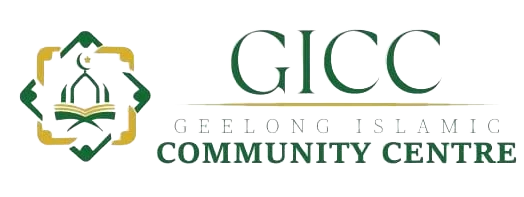


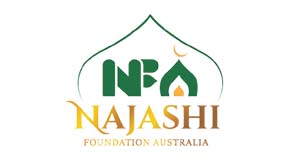

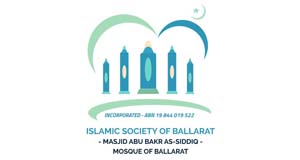
Get In Touch
Feel free to reach out to us with any inquiries, questions, or to schedule a consultation. We understand that your wedding day is a once-in-a-lifetime event, and we are committed to ensuring it is magical.
﴾ ﷲ ﴿




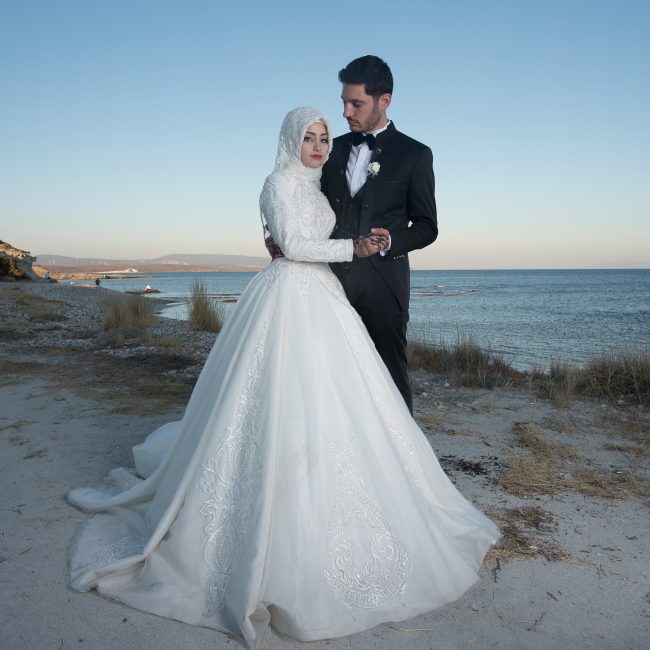
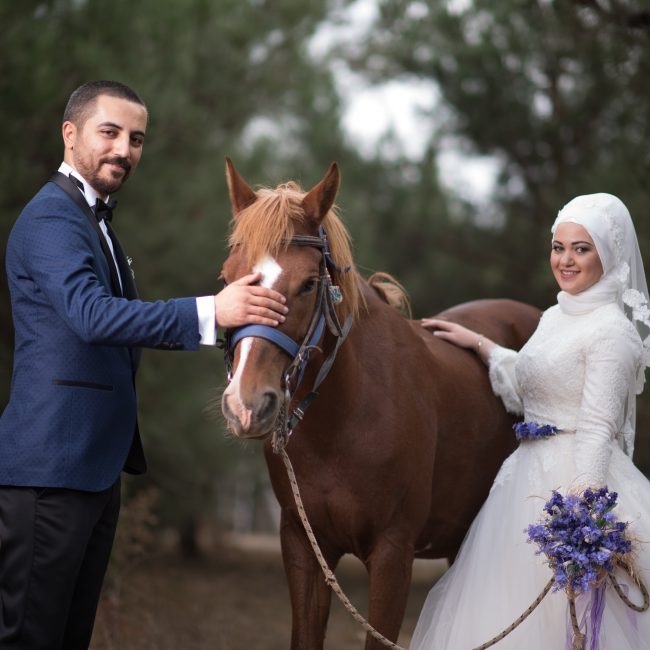

"Alhamdulillah, our Nikah ceremony was beautifully organised by BIMCA. The Imam made the process so smooth and meaningful. Highly recommended for any Islamic marriage services in Australia."